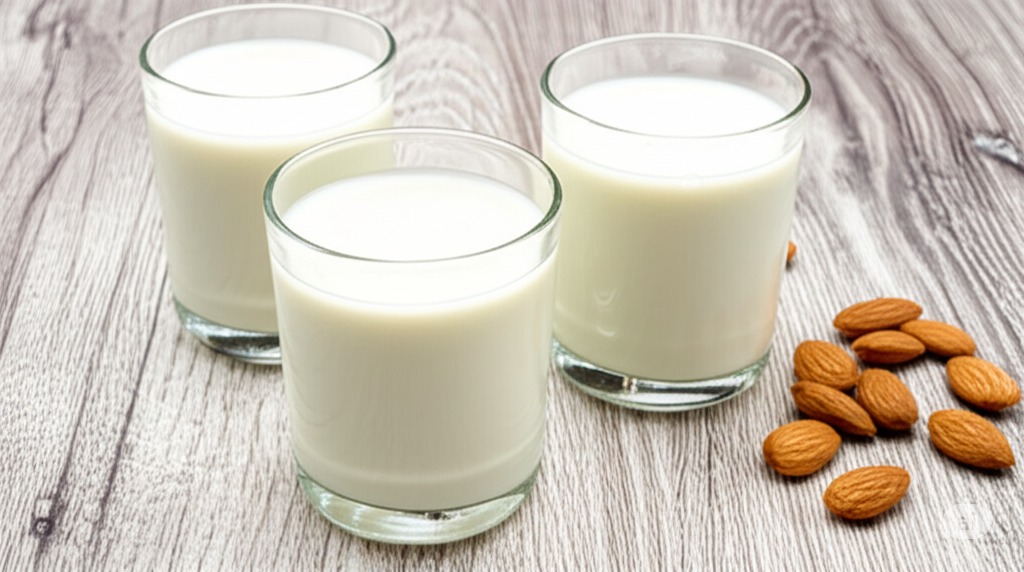 |
Lactose-free milk alternatives, such as soy milk, almond milk, and rice milk, are excellent sources of calcium and vitamin D, aiding recovery. These options lack lactose and contain probiotics, which are beneficial for digestion and reducing inflammation.
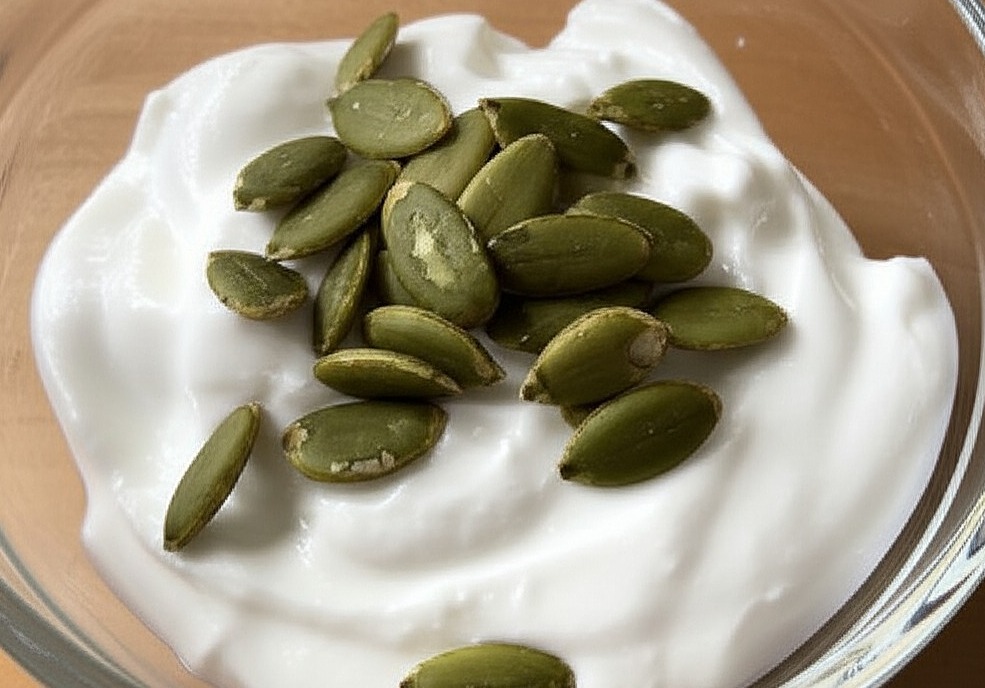 |
Plain yogurt provides natural probiotics for the gut, promoting healthy digestion. IBD can disrupt the gut's bacterial balance. Yogurt is also rich in protein, supporting the recovery process.
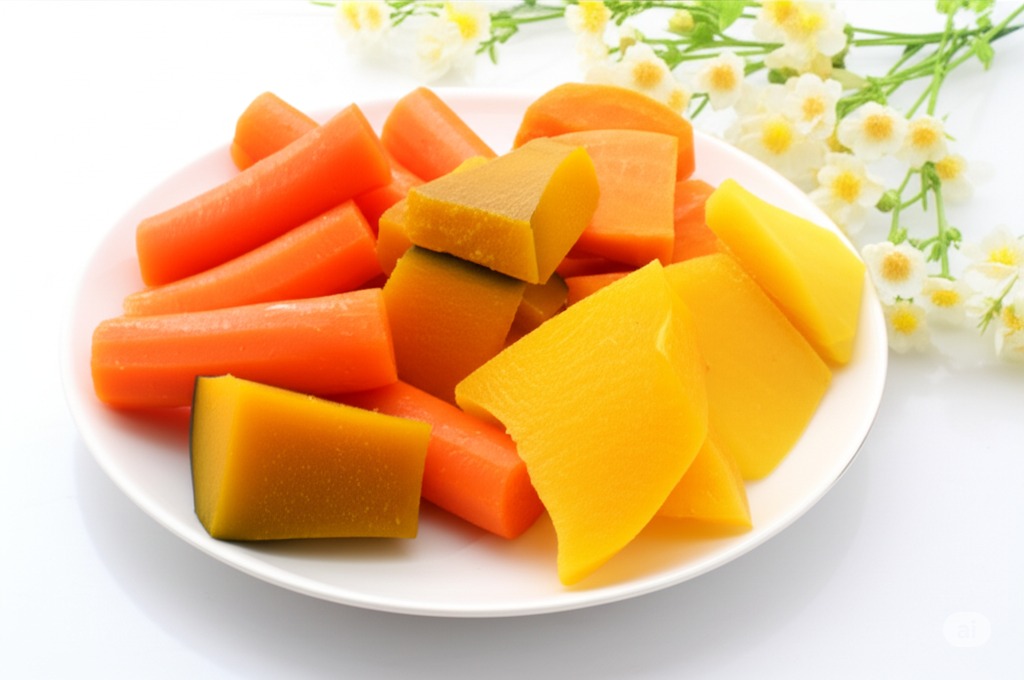 |
Soft, cooked vegetables are less likely to irritate the stomach than raw vegetables, preventing IBD flare-ups. Carrots, potatoes, sweet potatoes, and squash, when boiled or steamed until tender, have partially broken-down fiber, making them easier to digest.
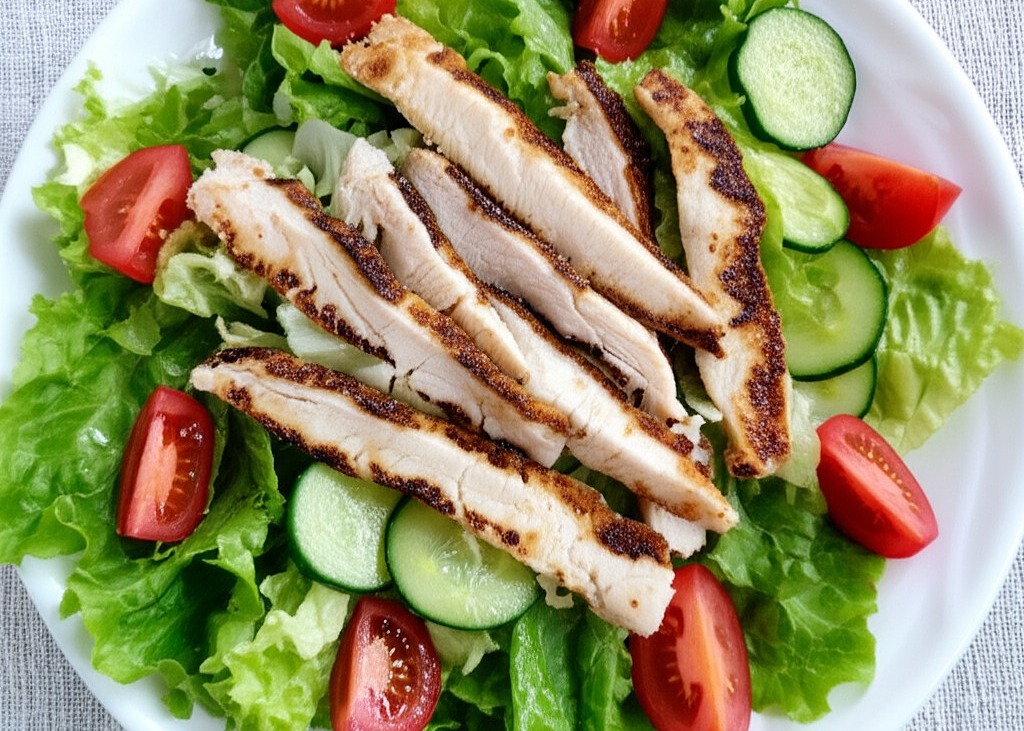 |
Chicken breast salad, a low-fat, dairy-free source of protein, promotes easy digestion without triggering stomach pain or bloating associated with IBD. Combining chicken with leafy greens or fruit adds fiber, supporting regular bowel movements.
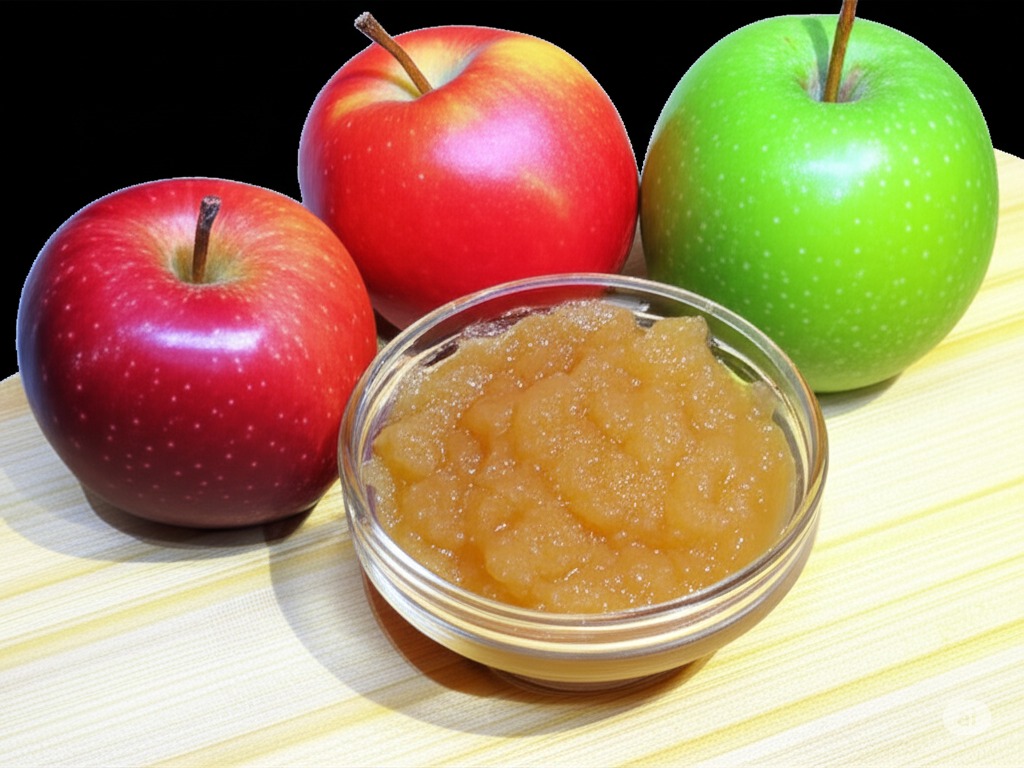 |
Applesauce is easily digestible and rich in pectin, a soluble fiber that can regulate bowel movements and soften stool, benefiting those with IBD-related diarrhea. It also provides potassium, helping to replenish electrolytes and prevent dehydration. Individuals with IBD should consume cooked applesauce to avoid irritation, opting for unsweetened varieties and pairing it with bananas, rice, or toast.
Anh Chi (According to WebMD)
Photo: Anh Chi, AI












